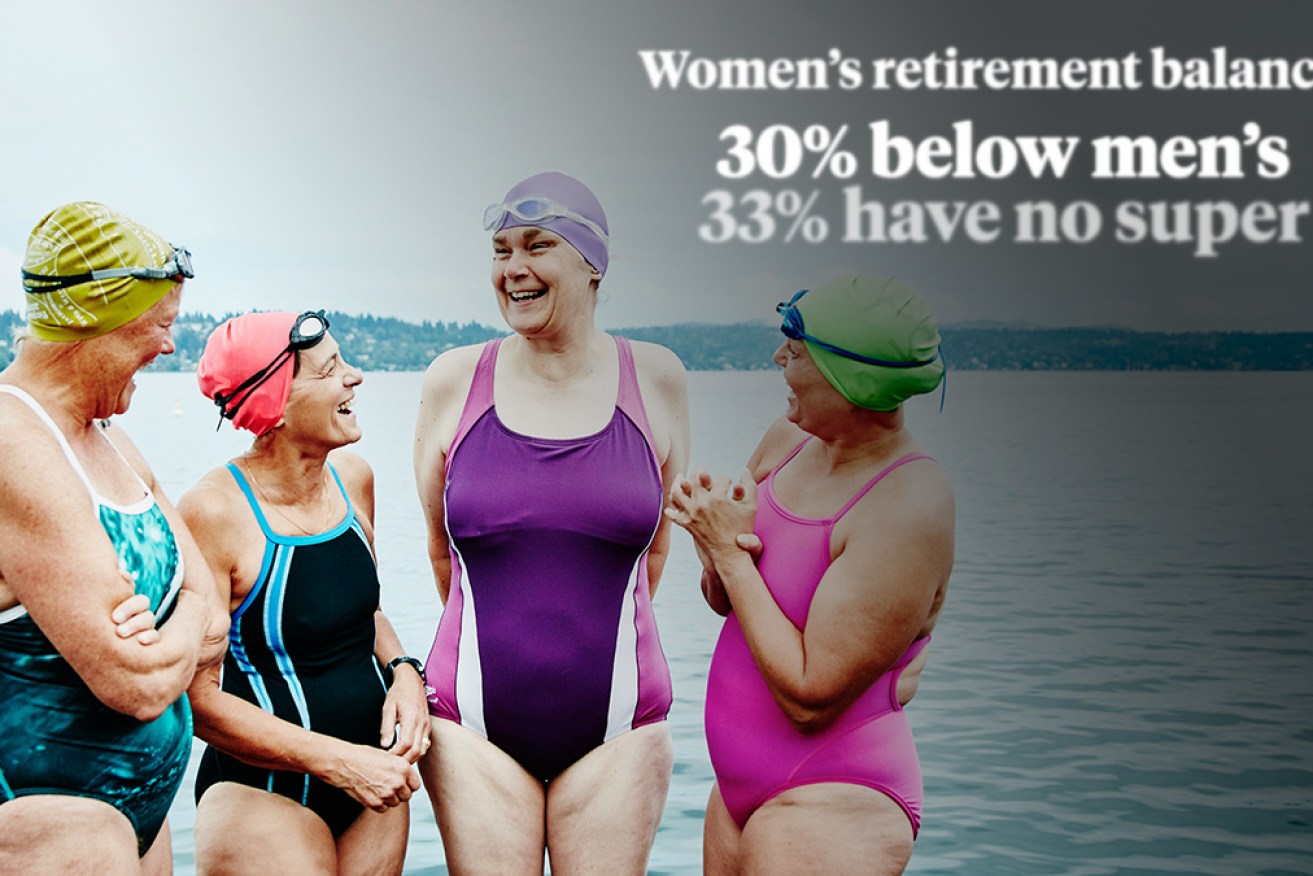As International Womens Day dawns, it’s time to act for retirement equality


The super system needs reform so women can have an adequate retirement.
Almost 30 years after the introduction of compulsory superannuation one-third of women still retire without a super balance.
Even those that do have a balance are still retiring with only 70 per cent of what the average male enjoys.
Nicki Hutley, partner with Deloitte Access Economics, said reforming the superannuation concession system to make it more equitable is crucial as “the system is slanted to the rich or elderly and often men.”
While 23 per cent of all age pensioners live in poverty, for single older women the figure is a stark 40 per cent.
Superannuation consultancy Rice Warner has looked at the reasons behind this inequality and come up with a reform agenda to address it in the run-up to International Women’s Day on March 8.
Made with Visme Infographic Maker
Women currently in their 60’s have been affected by a number of factors which influence their retirement balances, Rice Warner said.
On average, they had larger families than would be the norm now which in turn reduced their workforce participation and ability to save as women are typically primary care givers.
Older women also began their working lives before compulsory super and lived through times of much lower employer contributions which also resulted in lower retirement balances.
An other factor is that women typically retire three years earlier than men.
But Rice Warner’s research also found two factors which deliver a better chance of comfort in retirement: marriage and home ownership.
“At present, about 70 per cent of retirees are married and about 80 per cent are homeowners,” Rice Warner said.
“However, high divorce rates and ever-escalating property prices, we expect these percentages will fall in future.”
What can be done?
Rice Warner made a series of recommendations to boost gender equality in retirement – some directly aimed as superannuation and others broader social reforms.
On the superannuation front Rice Warner calls for a reworking of the systems to overcome the gross inequities applying.
Currently 50 to 60 per cent of super tax concessions go to the top 20 per cent of earners and of those 35.3 per cent go to men and 15.5 per cent to women.
The bottom 50 per cent of taxpayers get 15 per cent of the tax concessions.
Sandra Buckley, CEO of lobby group Women in Super, also called for reform of concessions, saying that while super had already proved important in improving women’s retirements, there was still much more to do.

Sandra Buckley says there is a way to go.
“Before [compulsory super] was introduced, two-thirds of women had no super,” Ms Buckley said.
“Now we have one third of women with no super.
“That is still too high so we need to make structural changes to the system to take into account how the average woman’s workforce participation differs from that of the average man.”
Rice Warner also recommends the government and employers pay superannuation contributions on the paid parental leave they provide to new parents.
The group also calls for the removal of the $450 monthly threshold under which superannuation contributions are not made for workers.
To help boost women’s workforce participation the government should “provide 15 hours a week free child care for three- and four-year-old children, and provide child care facilities attached to primary schools”, Rice Warner said.
It should also “amend sex discrimination legislation to allow employers to make additional superannuation contributions in respect of their female staff without the need for specific approval on a case by case basis”.
In a more controversial suggestion, Rice Warner calls for joint superannuation accounts for married couples.
Workplace issues
A crucial part of building women’s super balances is to allow them to progress into higher paying management jobs. To this end Rice Warner recommends employers mentor and support females up the ladder of workplace responsibility.
They should also “consider opportunities for women over 55 to remain in the workforce, perhaps on a part-time basis.”
“It is vital to promote gender equality in the workplace around participation and pay levels so women have equal opportunities to work and earn,” Ms Hutley said.
Ms Buckley said she did not support joint super accounts for couples.
“Women themselves find it offensive that the suggestion that they rely on their husband’s super for a decent retirement outcome is once again being propagated,” she said.
“One third of women retire single, and what happens to the super through relationship changes? Many couples don’t retire with the same partner they started out with.”
“In domestic violence and abuse cases sharing super accounts could make the situation even more precarious for those women.”
The current retirement incomes review “provides a space to consider some of these issues and if we don’t it will be a missed opportunity. This government knows the issues and its up to them to ensure something is done,” Ms Buckley said.








